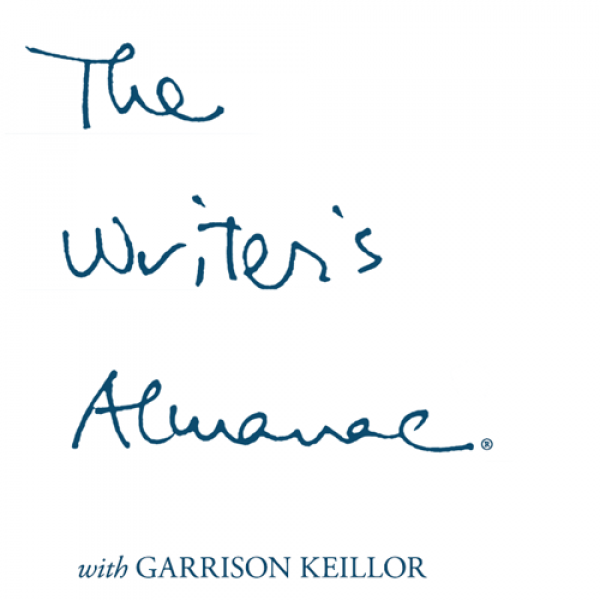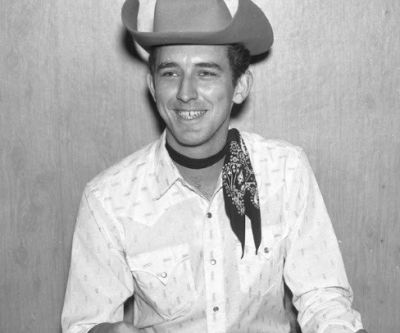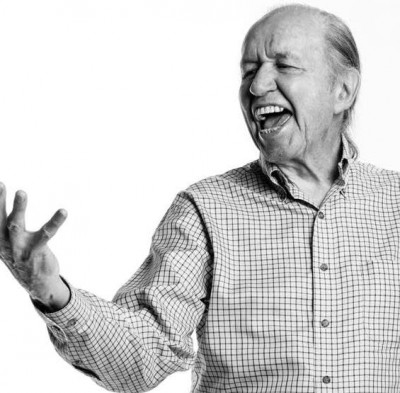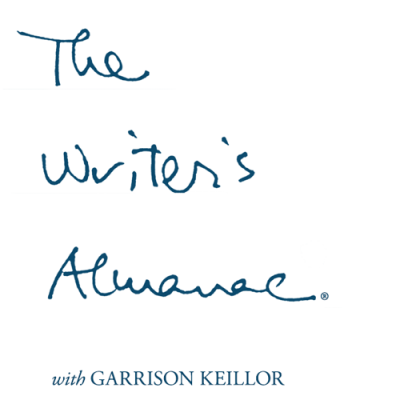December 20, 2018
Tuesday
8:00 p.m.
Minneapolis, MN
Test schedule
A live performance with Robin and Linda Williams at the Cedar Cultural Center
May 20, 2018
Sunday
3:00 p.m.
Lexington, MA
Lexington, MA
A live performance at the Saenger Theatre
April 10, 2018
Tuesday
8:00 p.m.
Tulsa, OK
Tulsa, OK
A live performance at the Brady Theater
March 17, 2018
Saturday
8:00 p.m.
Long Beach, CA
Long Beach, CA
A live performance at the Carpenter Performing Arts Center
March 15, 2018
Thursday
7:00 p.m.
Mobile, AL
Mobile, AL
A live performance at the Saenger Theatre
“Vigil Strange I Kept on the Field One Night” by Walt Whitman. (buy now)
Vigil strange I kept on the field one night;
When you my son and my comrade dropt at my side that day,
One look I but gave which your dear eyes return’d with a look I shall never forget,
One touch of your hand to mine O boy, reach’d up as you lay on the ground,
Then onward I sped in the battle, the even-contested battle,
Till late in the night reliev’d to the place at last again I made my way,
Found you in death so cold dear comrade, found your body son of responding kisses, (never again on earth responding,)
Bared your face in the starlight, curious the scene, cool blew the moderate night-wind,
Long there and then in vigil I stood, dimly around me the battle-field spreading,
Vigil wondrous and vigil sweet there in the fragrant silent night,
But not a tear fell, not even a long-drawn sigh, long, long I gazed,
Then on the earth partially reclining sat by your side leaning my chin in my hands,
Passing sweet hours, immortal and mystic hours with you dearest comrade—not a tear, not a word,
Vigil of silence, love and death, vigil for you my son and my soldier,
As onward silently stars aloft, eastward new ones upward stole,
Vigil final for you brave boy, (I could not save you, swift was your death,
I faithfully loved you and cared for you living, I think we shall surely meet again,)
Till at latest lingering of the night, indeed just as the dawn appear’d,
My comrade I wrapt in his blanket, envelop’d well his form,
Folded the blanket well, tucking it carefully over head and carefully under feet,
And there and then and bathed by the rising sun, my son in his grave, in his rude-dug grave I deposited,
Ending my vigil strange with that, vigil of night and battle-field dim,
Vigil for boy of responding kisses, (never again on earth responding,)
Vigil for comrade swiftly slain, vigil I never forget, how as day brighten’d,
I rose from the chill ground and folded my soldier well in his blanket,
And buried him where he fell.
On this day in 1937, President Franklin D. Roosevelt officially opened the Golden Gate Bridge. The celebration had begun on May 27, when foot traffic and roller skaters were first allowed to cross the bridge. The next day, Roosevelt pushed a button in Washington, D.C., that signaled the bridge’s opening to vehicle traffic. The parties and celebrations lasted a week.
The overall design of the bridge was proposed by engineer and erstwhile poet Joseph Strauss, although he had little experience with suspension bridges and required the help of a team of experts to carry out the design. Charles Alton Ellis was the senior engineer, and did most of the work, but received none of the credit.
Residential architect Irving Morrow contributed the aesthetics: the design of the towers, the lighting scheme, and various Art Deco touches. The bridge’s distinctive reddish-orange hue is known as “International Orange,” and though the original paint job was meant to be temporary — the color of the red lead sealant laid down as a first coat — it proved so popular that it has stayed that color ever since.
Joseph Strauss wrote a poem commemorating the bridge’s opening:
The Mighty Task is Done
At last the mighty task is done;
Resplendent in the western sun
The Bridge looms mountain high;
Its titan piers grip ocean floor,
Its great steel arms link shore with shore,
Its towers pierce the sky.
On its broad decks in rightful pride,
The world in swift parade shall ride,
Throughout all time to be;
Beneath, fleet ships from every port,
Vast landlocked bay, historic fort,
And dwarfing all — the sea.
To north, the Redwood Empire’s gates;
To south, a happy playground waits,
in Rapturous appeal;
Here nature, free since time began,
Yields to the restless moods of man,
Accepts his bonds of steel.
Launched midst a thousand hopes and fears,
Damned by a thousand hostile sneers,
Yet ne’er its course was stayed,
But ask of those who met the foe
Who stood alone when faith was low,
Ask them the price they paid.
Ask of the steel, each strut and wire,
Ask of the searching, purging fire,
That marked their natal hour;
Ask of the mind, the hand, the heart,
Ask of each single, stalwart part,
What gave it force and power.
An Honored cause and nobly fought
And that which they so bravely wrought,
Now glorifies their deed,
No selfish urge shall stain its life,
Nor envy, greed, intrigue, nor strife,
Nor false, ignoble creed.
High overhead its lights shall gleam,
Far, far below life’s restless stream,
Unceasingly shall flow;
For this was spun its lithe fine form,
To fear not war, nor time, nor storm,
For Fate had meant it so.
It’s the birthday of poet May Swenson, (books by this author) born in to Swedish-speaking Mormons in Logan, Utah, on this day in 1913. During her life she was often confused with the more famous poet May Sarton, also born in the month of May (just one year prior), also born to Northern European immigrants, and also lesbian. Swenson hated the confusion, and once wrote: “One May S. is a weak poet with a big rep; the other is the opposite.”
She moved to New York City when she was 23, during the Great Depression. She worked as an editor at New Directions publishing, then set off on a series of writer-in-residence posts across the country. She became friends, maybe lovers, with poet Elizabeth Bishop. The two exchanged letters for many years. She once wrote to Bishop: “Not to need illusion — to dare to see and say how things really are, is the emancipation I would like to attain.”
She said that poetry is “based in a craving to get through the curtains of things as they appear, to things as they are, and then into the larger, wilder space of things as they are becoming. This ambition involves a paradox: an instinctive belief in the senses as exquisite tools for this investigation and, at the same time, a suspicion about their crudeness.”
Her collections include A Cage of Spines (1958), Iconographs (1970), Dear Elizabeth: Five Poems and Three Letters to Elizabeth Bishop (2000), and The Complete Love Poems of May Swenson (2003).
It’s the birthday of Irish poet Thomas Moore, (books by this author) born in Dublin (1779), who studied at Trinity College and then moved to London to go to law school. He became friends with Shelley and Lord Byron. Besides writing poetry, Moore collected Irish ballads and wrote lyrics to traditional tunes — like what Robert Burns did in Scotland a generation before.
Moore’s best-known lyrics include “The Minstrel Boy” and “The Last Summer of Rose,” which begins:
‘Tis the last rose of summer
Left blooming alone;
All her lovely companions
Are faded and gone;
No flower of her kindred,
No rosebud is nigh,
To reflect back her blushes,
To give sigh for sigh.






